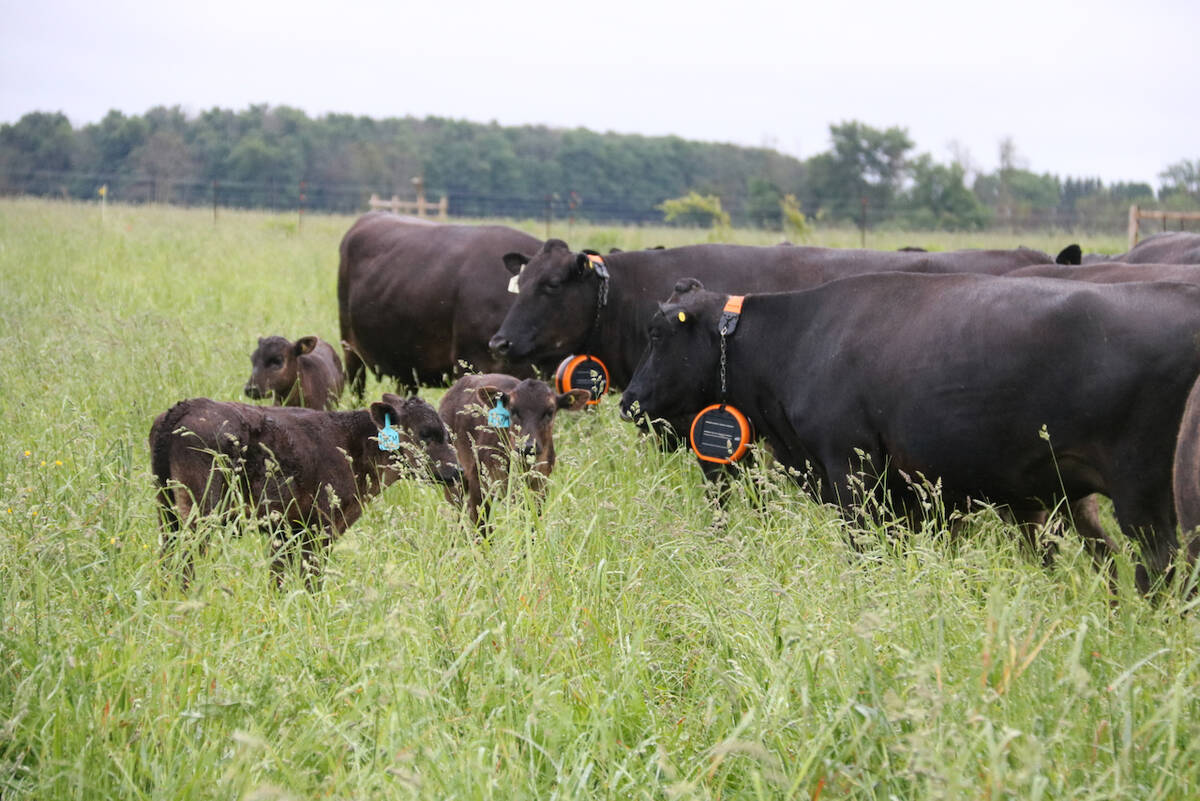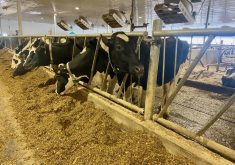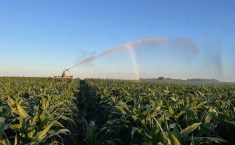Glacier FarmMedia – Kody Blois, Liberal MP and chair of the House of Commons agriculture committee, has introduced a bill to make it easier for seed, feed and crop protection products to move into Canada.
Private member’s Bill C-359 would amend the Seeds Act, Feeds Act and Pest Control Products Act to provide a 90-day provisional registration for products from other countries that have been approved in at least two trusted jurisdictions.
Blois and stakeholders also called for new feed regulations to be published in the Canada Gazette II by the end of the year.
Read Also

How soil fertility management can boost pasture yield by 43 per cent
Learn how soil testing and targeted fertilization can increase pasture biomass by 43%. Expert tips on N, P, and K management for beef cattle producers.
“There should be no further delay,” said Blois.
Proponents say the current system unnecessarily delays useful products from getting into farmer hands, which affects Canadian agriculture’s competitiveness.
Health Canada, the Canadian Food Inspection Agency and the Pest Management Regulatory Agency already do good work, Blois said during a mid-October news conference in Ottawa, but new tools must be made available in a timely manner.
“Now, in some cases it can be a year, two years, three or more,” he said. “It’s important that we create a legislative pathway where we can be able to move on (in) an expedited manner. Right now, the way in Canada that we treat this topic is: whether or not it’s someone coming from their basement that has a great invention or it’s a company that has 10 existing approvals around the world, largely the process is the same.”
Canadian Federation of Agriculture president Keith Currie said improving competitiveness and sustainability is critical for Canadian farmers in all sectors. He echoed Blois on the desired publishing timeline for feed regulations.
“With the completion of this 13-year project, we can continue to enhance Canada’s approach to expediting foreign approval recognition for feed registrations through the proposed legislation,” he said.
Currie also said Bill C-359 is a no-cost measure that can decrease the regulatory burden without sacrificing transparency or food safety.
Jennifer Babcock, the Canadian Cattle Association’s senior director of government and public affairs, said the legislation would help beef producers reach environmental goals through greater access to cutting edge tools.
“Having quicker access to innovative products that help us achieve these goals are key, whether it’s reducing methane emissions or improving the efficiency of the animal.”
Babcock said all parliamentarians should look at ways they can ease the regulatory burden on farmers.
“At a time when global food security is a major discussion, we should put a food lens on our policies and legislation.”
The Canadian Canola Growers Association, Grain Growers of Canada and the Fruit and Vegetable Growers of Canada also put forward comments supporting the bill.
“Canola farmers have long been early adopters of technology as a means to sustainably produce high-quality food, feed, and fuel feedstocks for markets here in Canada and around the world,” Rick White, CCGA president and CEO, said in an Oct. 19 release.
“The adoption of new technologies including innovative seed varieties, new crop chemistries, precision agriculture, and enhanced nutrient management practices has helped Canadian farmers be global leaders in sustainable food production.”
Blois said his bill would not eliminate the full regulatory reviews required by agencies, but it could close the gap by relying on science used by trusted partners such as the United States, Australia and others.
He also said the government should include the legislative concept of Bill C-359 in either its fall economic update or next year’s budget.
– This article was originally published at The Western Producer.















